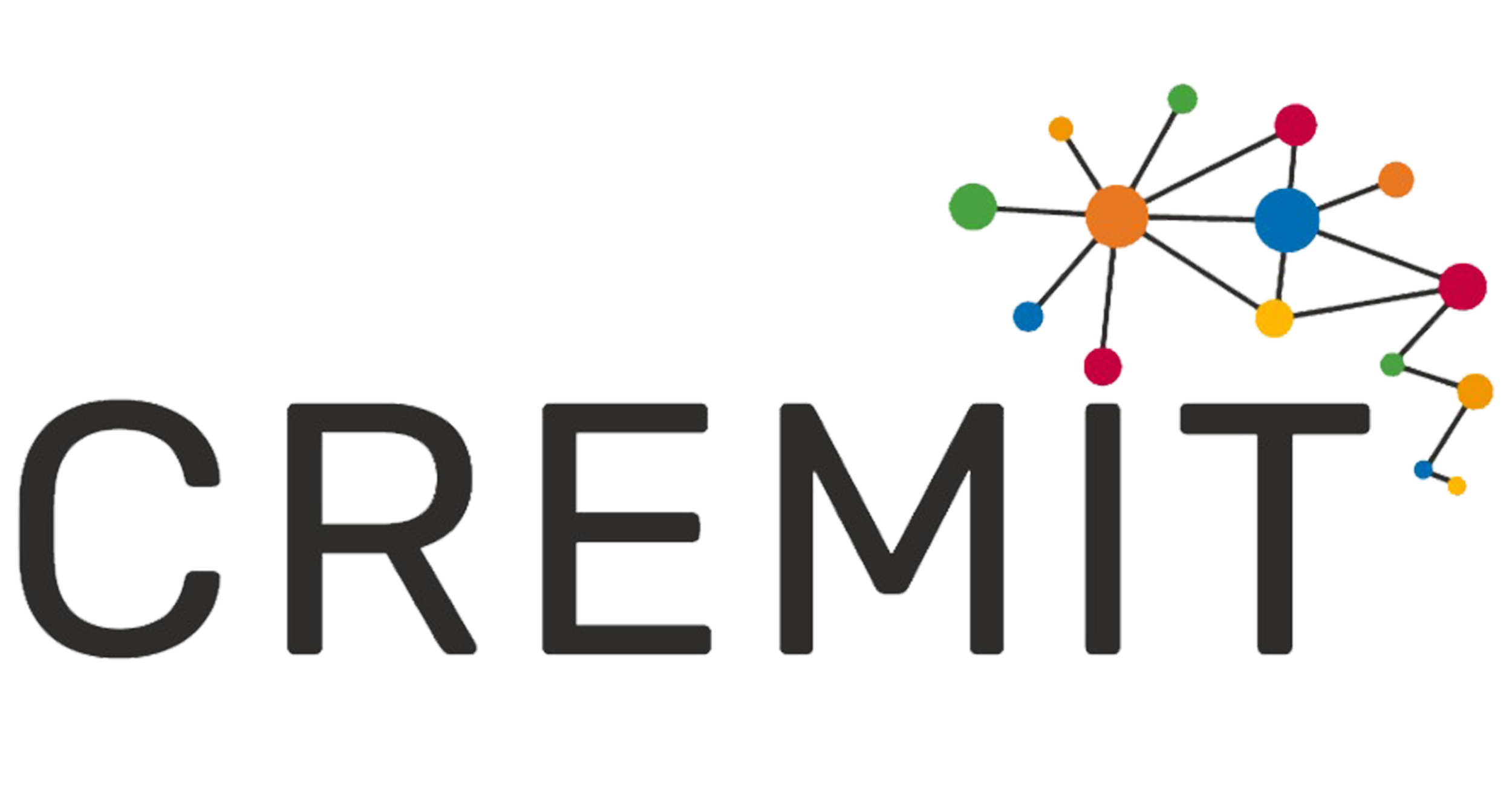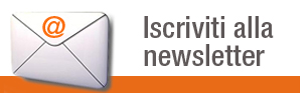
Irene Mauro
(Università Cattolica di Milano)
On 23rd-25th of September, 2021 the annual conference of Sirem (the Italian Society for Research on Media Education) took place near Mattinata, Foggia.
The title of the conference and therefore also the theme of this year’s gathering was “The post-digital. Society, Cultures, Didactics “.
The conference focused on how the digital experience in which we are immersed today is progressively changing the coordinates of time and space: they have both gradually being expanding and multiplying in our everyday lives. These changes can be connected to the thinning of the boundaries between online and offline experiences which are constantly intertwining and complementing one another affecting our daily practices, interactions, and relationship with the world.
The scholars who participated in the conference proposed papers that originated from and centered around one main question: What can be considered as “media”?
The theme of the whole conference centered around the reflections proposed by Professor Ruggero Eugeni in his renowned book La condizione postmediale (The post-media condition) who descries our current reality as a situation in which
“It is no longer possible to clearly establish what is the “media” and what is not, just as much as it cannot be defined when we enter a media situation and when we exit it. We are rather immersed in systems and environments of relationships and exchanges, and are ready to use the different resources that these environments make available to us with respect to the objectives that are proposed or that we propose, and to assume roles and positions corresponding to what is involved in the use of these resources. The media are everywhere. We ourselves are media. And this is why the media no longer exist“ (Eugeni 2015: 28).
The critical reflections of the conference helped to create an international debate to define new projects and specific proposals in the context of the post-digital revolution.
The conference, which was held both face-to-face and remotely, delved on three main areas of interest: society, culture and didactics.
The first topic, which focused on society, discussed, for example, issues such as the relationship between the man-machine systems, the relationship between technology and the environment, new sociability and spaces for action.
The parallel sessions addressing this theme explored a variety of topics from discussions on the status of digitalization and distant learning a year after the COVID-19 pandemic, on creativity in virtual worlds in the era of Covid-19, as well as on a number of proposals on digital projects such as the creation of new apps or the use of machine learning to support online teaching.
The session dedicated to Culture was divided into more specific themes such as visual models of representation, the relationship between fragment and complexity, and on investigations on the relationship between technology and human agency.
The third cluster of papers focused on teaching and more specifically it dealt with questions on the representation of learning between presence and distance, enabling and participatory teaching, teaching layout or conceptualization, body and action.
The topic of teaching, given the challenges faced by the pandemic, has given rise to numerous discussions that focused on online teaching and on the use of platforms to support online and face-to-face teaching.
Several papers delivered during the conference also presented the results, aims and theoretical frameworks adopted during experimental research projects giving rise to fruitful discussions on the current status of media education as a discipline and on the directions that future research in this field should take.
For more information on the conference program please visit SIREM’s Website.
References
Eugeni, R. (2015). La condizione postmediale. Media, linguaggi e narrazioni (pp. 1-96). La Scuola.
Eugeni, R. (2014). Scrivere e apprendere nella condizione postmediale. Quaderni di didattica della scrittura, 11(1-2), 55-67.
Rivoltella, P. C. (2020). Nuovi alfabeti. Educazione e culture nella società post-mediale (Vol. 124, pp. 5-220). Scholé-Morcelliana.
https://www.sirem.org/
Irene Mauro, is a PdD candidate in Education at the Catholic University of the Sacred Heart of Milan. She is also media educator and pedagogist. She is currently collaborating with CREMIT.








